Big Relief, Big Questions
So, let’s get honest. Have you ever felt that split second when your heart races for no reason? You freeze… Wondering if it’s anxiety or if something’s actually wrong. For a lot of folks wrestling with supraventricular tachycardia (SVT)—that’s those sudden, rapid heartbeats—this isn’t just a one-time scare. It’s a shadow that keeps popping up, sometimes out of nowhere, other times when you’re just trying to enjoy a cup of coffee or run for the bus. Wild, right?
If your doc has ever suggested cardiac ablation for SVT, odds are your next thought (after “Yikes, will I have to take off my shirt in front of strangers?”) was: “Is my life about to get longer, or…?” Let’s break it all down, friend to friend.
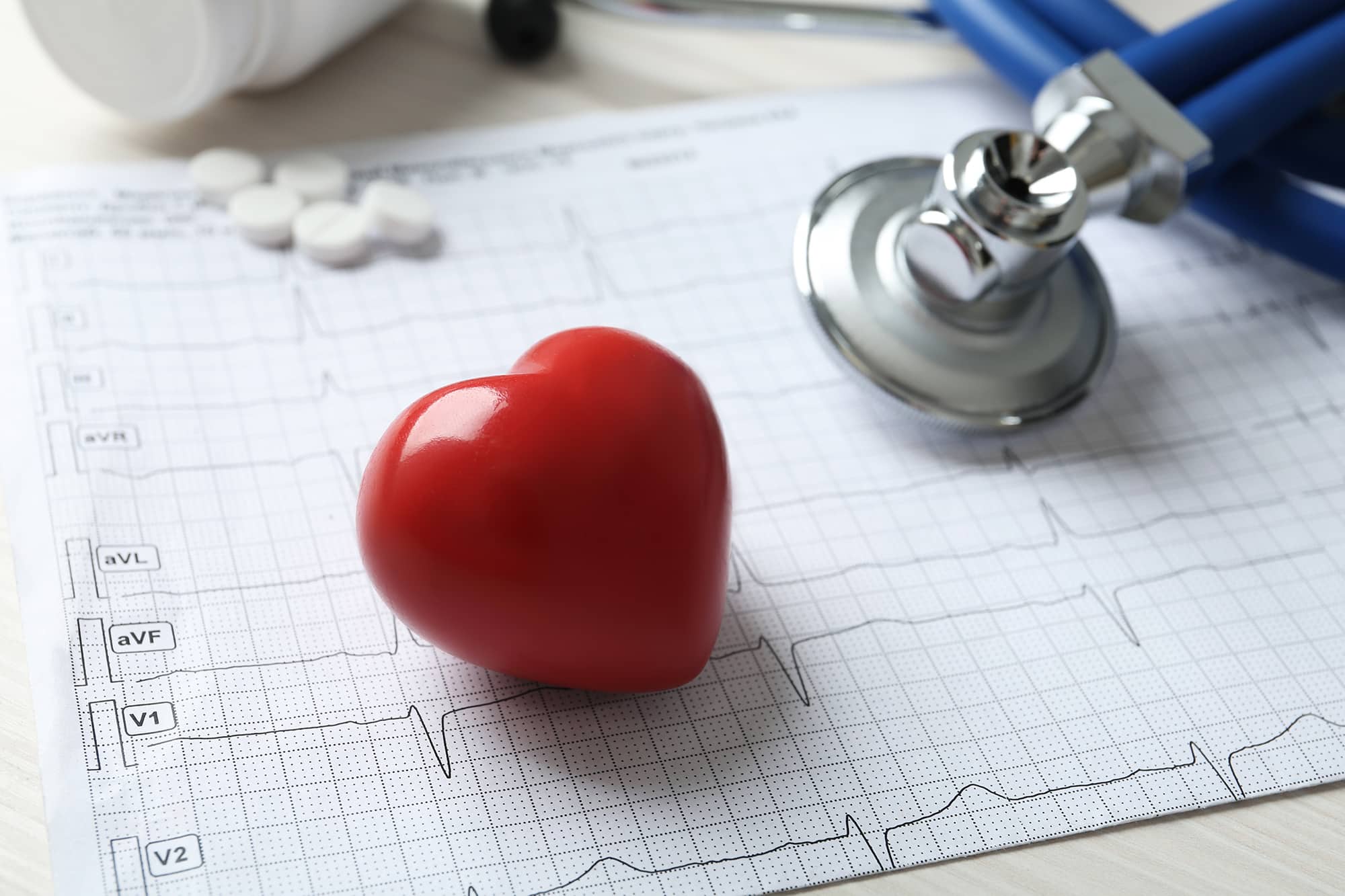
How SVT Ablation Feels Like a Hard Reset
Can One Procedure Change Everything?
Imagine your heart’s like a house with faulty wiring—a random switch flips the lights on and off for no good reason. SVT ablation? That’s basically the electrician coming in, snipping the wild wires, and making sure the lights only flicker when you actually need them to. It’s not just theory—real people see the difference, fast.
Take my friend Laura. She’s an on-the-go mom, always juggling a million things… until her heart started racing out of the blue. She finally had SVT ablation. No kidding: she texted me two weeks later, “Did chores all day, made dinner, NO palpitations. Is this magic?” Not magic, just science (with a little side of modern miracles).
So… Does Life Expectancy After Cardiac Ablation SVT Actually Improve?
Here’s where things get pretty encouraging. According to long-term studies and actual patient stories, folks who’ve had successful SVT ablation basically step back into life as if that annoying heart glitch never happened. The research on life expectancy after cardiac ablation shows: if your SVT is fixed and you don’t have other major heart diseases lurking around, your chances of a normal, healthy lifespan are excellent. In most cases, people feel better, stronger, and—wait for it—even more energetic than before they had the procedure. SVT just doesn’t want to steal your years, as long as it’s managed right.
And the science backs it up. One huge review found that the risk of severe complications after SVT ablation is exceptionally low—think less than half a percent for major problems, based on reporting across hundreds of thousands of patients.See details here. Just imagine: for every 1,000 people, only around 5 encounter a serious issue. That’s better odds than me getting my kids out the door on time.
Quality of Life: Before vs. After Ablation
| Before Ablation | After Ablation |
|---|---|
| Unexpected palpitations Tired all the time Worried about the next episode | Steady heartbeat Higher energy Less stress, more confidence |
For real, one study showed people’s quality of life doubled just a month out from SVT ablation. They went from dreading every blip in their chest to dusting off their running shoes.See actual numbers here.
How Safe Is This, Really?
What Are the Actual Risks?
Let’s get the scary stuff on the table: Are there risks? Of course. Every procedure—seriously, even getting a haircut—comes with its little “what if?”
If you’re still nervous and thinking awful thoughts like, “Has anyone died from heart ablation?” … Deep breath. Check the facts: early mortality rates for SVT ablation are incredibly low, about 0.5%. Almost every time someone does have a problem, it’s because of other serious health issues—not the ablation itself.Has anyone died from heart ablation has more on those rare rare cases. Nobody likes to talk about it—but honestly, that tiny risk is right up there with the drive to the clinic.
How SVT Ablation Compares to Other Heart Procedures
| Procedure | Success Rate | Complication Rate | Impact on Life Expectancy |
|---|---|---|---|
| SVT Ablation | 95–98% | <0.5% | Normalizes life span |
| AFib Ablation | 70–80% | 0.5–1% | Varies, improves with no underlying disease |
Bottom line: For most people with SVT—especially if your heart’s otherwise healthy—SVT ablation isn’t just safe. It’s a total life-hack. And if you’re one of those rare few who run into bumps, they’re generally manageable (bruising, mild swelling, maybe a racing heartbeat early on as your heart reboot—most of that chills out in days to weeks).
The Healing Timeline: Back to “Normal”
When Can I Get Back to Life?
I get this question from friends… and strangers… and that one aunt who worries about everything. Short answer? Sooner than you think. Most people go home the same or next day. Sure, you’ll need to take it easy for a little bit—listen, bingewatching a show is doctor’s orders for once. Small price to pay, right?
By the first week, you’re up and about. Two weeks in? Walking and running daily errands feels fine for the majority.Here’s a practical recovery outline. But the “blanking period”—that’s doctor talk for the first 3 months as your heart sorts itself out—is when some funky beats might still pop up. It’s normal. Annoying, but normal.
Need a Gameplan?
- Day 0-1: Hospital, lying down, chill.
- Week 1: Ease back to basic activities. (Maybe lay off the CrossFit bootcamp.)
- 1 month: More energy, probably less fluttering.
- 3 months: That “new heart” feel—most people get the all-clear right here.
If you want even more tips and a real-world guide, pop over to How long to heal after heart ablation. You’ll find honest stories, advice, and solid, real-life pointers there. Don’t rush it—but also, don’t let people baby you too long. You’re not made of glass!
Long-Term Wins: Living (and Thriving) Post-Ablation
Does This Actually Buy Me More Years?
Let me put it plainly: the answer is yes, for most people struggling with SVT. Not only do you get a shot at a normal life expectancy after cardiac ablation SVT, you also get better days—a steadier heart, more stamina, and honestly, a break from always planning life around “what if I have an episode?”
How big a deal is that? One long-term study (yes, real researchers, not just me blabbing) tracked people up to 10 years post-ablation. If you kicked your SVT for good and didn’t have a sneaky underlying heart disease, your life expectancy basically lined up with everyone else’s. Like, zero difference.See clinical findings here. That’s huge. It means you’re not running against a clock—no midnight existential dread, no calendar watching.
Jump online and you’ll find tons of stories. There’s Helen, who had her ablation after three decades of random SVT flares. Now? She’s hiking on weekends,figure style=”text-align: center;”>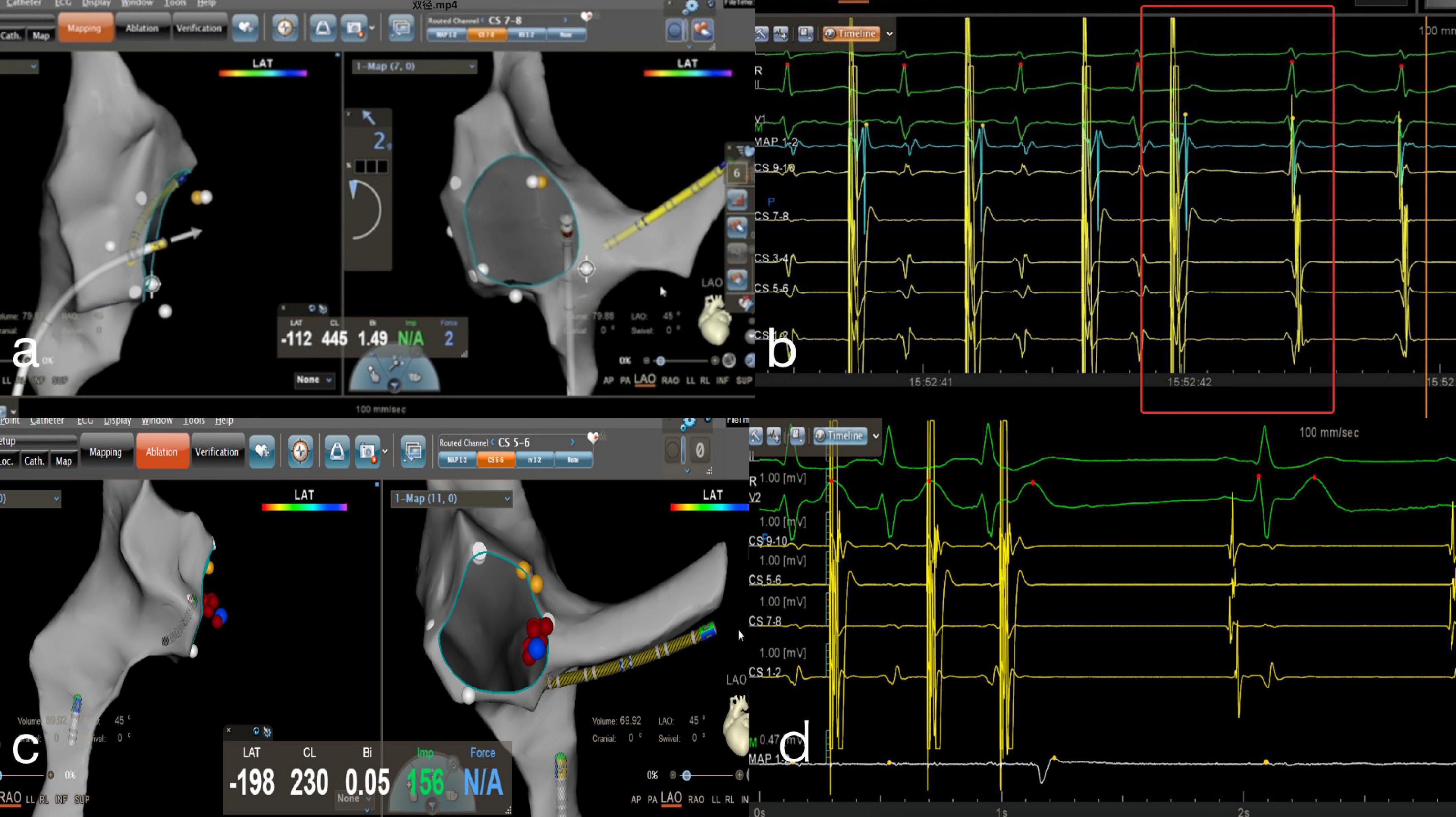
Big Relief, Big Questions
So, let’s get honest. Have you ever felt that split second when your heart races for no reason? You freeze… Wondering if it’s anxiety or if something’s actually wrong. For a lot of folks wrestling with supraventricular tachycardia (SVT)—that’s those sudden, rapid heartbeats—this isn’t just a one-time scare. It’s a shadow that keeps popping up, sometimes out of nowhere, other times when you’re just trying to enjoy a cup of coffee or run for the bus. Wild, right?
If your doc has ever suggested cardiac ablation for SVT, odds are your next thought (after “Yikes, will I have to take off my shirt in front of strangers?”) was: “Is my life about to get longer, or…?” Let’s break it all down, friend to friend.
How SVT Ablation Feels Like a Hard Reset
Can One Procedure Change Everything?
Imagine your heart’s like a house with faulty wiring—a random switch flips the lights on and off for no good reason. SVT ablation? That’s basically the electrician coming in, snipping the wild wires, and making sure the lights only flicker when you actually need them to. It’s not just theory—real people see the difference, fast.
Take my friend Laura. She’s an on-the-go mom, always juggling a million things… until her heart started racing out of the blue. She finally had SVT ablation. No kidding: she texted me two weeks later, “Did chores all day, made dinner, NO palpitations. Is this magic?” Not magic, just science (with a little side of modern miracles).
So… Does Life Expectancy After Cardiac Ablation SVT Actually Improve?
Here’s where things get pretty encouraging. According to long-term studies and actual patient stories, folks who’ve had successful SVT ablation basically step back into life as if that annoying heart glitch never happened. The research on life expectancy after cardiac ablation shows: if your SVT is fixed and you don’t have other major heart diseases lurking around, your chances of a normal, healthy lifespan are excellent. In most cases, people feel better, stronger, and—wait for it—even more energetic than before they had the procedure. SVT just doesn’t want to steal your years, as long as it’s managed right.
And the science backs it up. One huge review found that the risk of severe complications after SVT ablation is exceptionally low—think less than half a percent for major problems, based on reporting across hundreds of thousands of patients.See details here. Just imagine: for every 1,000 people, only around 5 encounter a serious issue. That’s better odds than me getting my kids out the door on time.
Quality of Life: Before vs. After Ablation
| Before Ablation | After Ablation |
|---|---|
| Unexpected palpitations Tired all the time Worried about the next episode | Steady heartbeat Higher energy Less stress, more confidence |
For real, one study showed people’s quality of life doubled just a month out from SVT ablation. They went from dreading every blip in their chest to dusting off their running shoes.See actual numbers here.
How Safe Is This, Really?
What Are the Actual Risks?
Let’s get the scary stuff on the table: Are there risks? Of course. Every procedure—seriously, even getting a haircut—comes with its little “what if?”
If you’re still nervous and thinking awful thoughts like, “Has anyone died from heart ablation?” … Deep breath. Check the facts: early mortality rates for SVT ablation are incredibly low, about 0.5%. Almost every time someone does have a problem, it’s because of other serious health issues—not the ablation itself.Has anyone died from heart ablation has more on those rare rare cases. Nobody likes to talk about it—but honestly, that tiny risk is right up there with the drive to the clinic.
How SVT Ablation Compares to Other Heart Procedures
| Procedure | Success Rate | Complication Rate | Impact on Life Expectancy |
|---|---|---|---|
| SVT Ablation | 95–98% | <0.5% | Normalizes life span |
| AFib Ablation | 70–80% | 0.5–1% | Varies, improves with no underlying disease |
Bottom line: For most people with SVT—especially if your heart’s otherwise healthy—SVT ablation isn’t just safe. It’s a total life-hack. And if you’re one of those rare few who run into bumps, they’re generally manageable (bruising, mild swelling, maybe a racing heartbeat early on as your heart reboot—most of that chills out in days to weeks).
The Healing Timeline: Back to “Normal”
When Can I Get Back to Life?
I get this question from friends… and strangers… and that one aunt who worries about everything. Short answer? Sooner than you think. Most people go home the same or next day. Sure, you’ll need to take it easy for a little bit—listen, bingewatching a show is doctor’s orders for once. Small price to pay, right?
By the first week, you’re up and about. Two weeks in? Walking and running daily errands feels fine for the majority.Here’s a practical recovery outline. But the “blanking period”—that’s doctor talk for the first 3 months as your heart sorts itself out—is when some funky beats might still pop up. It’s normal. Annoying, but normal.
Need a Gameplan?
- Day 0-1: Hospital, lying down, chill.
- Week 1: Ease back to basic activities. (Maybe lay off the CrossFit bootcamp.)
- 1 month: More energy, probably less fluttering.
- 3 months: That “new heart” feel—most people get the all-clear right here.
If you want even more tips and a real-world guide, pop over to How long to heal after heart ablation. You’ll find honest stories, advice, and solid, real-life pointers there. Don’t rush it—but also, don’t let people baby you too long. You’re not made of glass!
Long-Term Wins: Living (and Thriving) Post-Ablation
Does This Actually Buy Me More Years?
Let me put it plainly: the answer is yes, for most people struggling with SVT. Not only do you get a shot at a normal life expectancy after cardiac ablation SVT, you also get better days—a steadier heart, more stamina, and honestly, a break from always planning life around “what if I have an episode?”
How big a deal is that? One long-term study (yes, real researchers, not just me blabbing) tracked people up to 10 years post-ablation. If you kicked your SVT for good and didn’t have a sneaky underlying heart disease, your life expectancy basically lined up with everyone else’s. Like, zero difference.See clinical findings here. That’s huge. It means you’re not running against a clock—no midnight existential dread, no calendar watching.
Jump online and you’ll find tons of stories. There’s Helen, who had her ablation after three decades of random SVT flares. Now? She’s hiking on weekends, spoiling her grandkids, and, I swear, never misses a Zumba class. Her secret? “I listen to my body, keep up with checkups, and thank heaven for science.” Simple, but true.
Diving Deeper: What Affects Your Long-Term Outlook?
| Factor | Impact |
|---|---|
| Age | Younger = slightly better outcomes, but older adults do well too |
| Other heart disease? | If not present, life expectancy normalizes |
| Procedure success | Successful ablation means high survival; failed or repeat procedures are rare but may need monitoring |
| Healthy habits | Boost recovery, lower odds of future heart issues |
Want even more on how activity and diet help post-procedure? There’s great detail tucked into how long to heal after heart ablation—it’s worth a peek if you want to stack the odds in your favor.
Mistakes to Dodge and Small Wins to Celebrate
Quick tip: Don’t slack on follow-up visits. Even if you feel 100%. Early tweaks to your meds, or a quick scan for sneaky rhythm changes, means less worry in the long run. And hey, celebrate every “normal” heartbeat. It’s a wild, quirky muscle, this heart—you earned it!
Conclusion: Ready to Live Heartfirst?
Friend, here’s the big picture: If you’re wrestling with SVT, cardiac ablation isn’t just a fix—it’s freedom. In all the best ways, life expectancy after cardiac ablation SVT means you’re looking at years of regular, actually enjoyable living. Sciences says so. Survivors say so. My friend Laura and a thousand others say so.
The risks? Real, but tiny. The benefits? Big, bold, and lasting. You’ve got so much to gain—and so little to lose—by zapping SVT for good. So… what’s next for you? Keep those check-ins with your doctor. Eat the salad, go for your walk, dance at weddings without a second thought.
If a racing heart is stealing your calm, maybe it’s time to reclaim your peace. And remember, you’re never in this alone—there are experts, support groups, and friends (hi there!) who get it. Check out has anyone died from heart ablation and how long to heal after heart ablation for more wisdom, stats, and stories that might put your mind at ease.
Your heart’s got a lot of good beats left. Let’s make every one count, shall we?

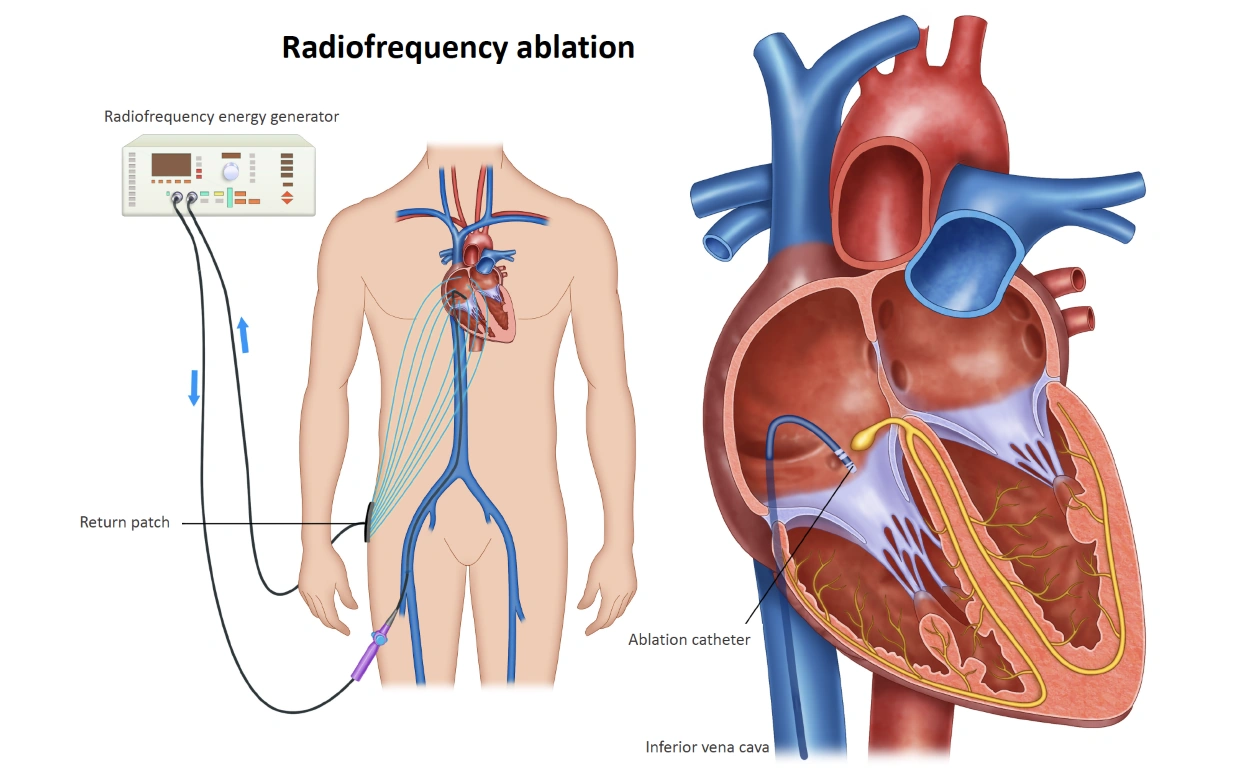

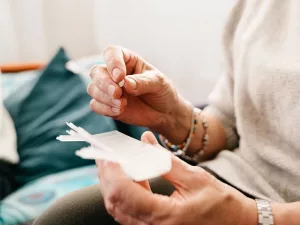
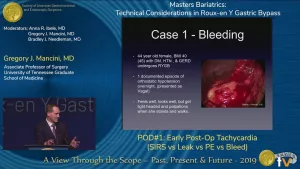
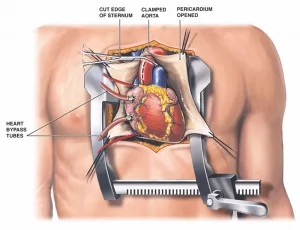

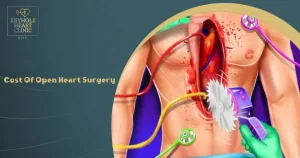
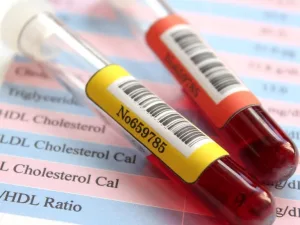



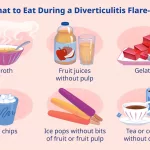
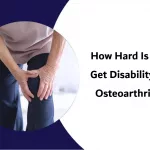



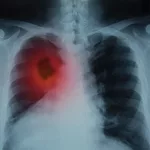






Leave a Reply
You must be logged in to post a comment.